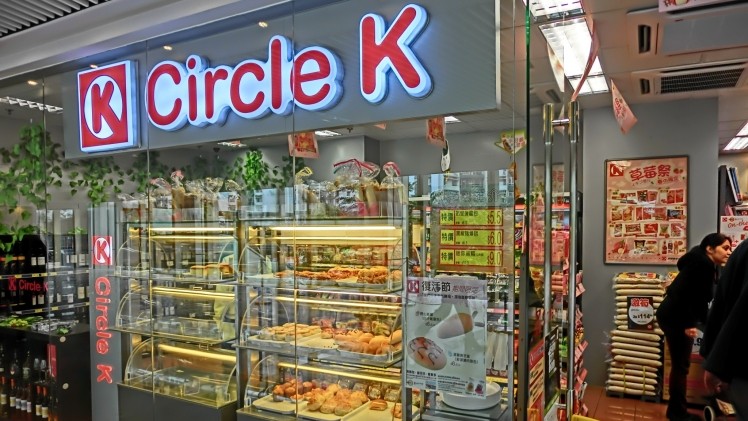Fitch: Long-term restructuring forces Chinese grocery chains to delist

The ratings agency has acknowledged in a statement that the operating environment for Chinese food retailers has been difficult in recent years, with many companies recording declining same-store sales and shrinking profits.
This has been due to a number of structural factors, including competition from e-commerce operators and changing consumer habits, it said.
“Many companies have started to implement long-term strategies such as M&A to address these issues, but these measures may dampen earnings for the next two to three years, which make their stocks unattractive to public investors.
“This, along with historically low valuations, has spurred a number of privatisations in the past year,” the statement said.
Symbolic of this trend is China Resources Enterprises, which has taken its retail arm private this year in spite of its acquisition of Tesco's China business in 2014.
Though the move created one of China’s largest food retail chains, losses from the Tesco stores, difficulty in integrating the businesses and continued macroeconomic weakness soon pushed CRE into a net loss for the first time.
Similarly, Wumei Holdings, the controlling shareholder of Wumart Stores, a market leader in Beijing, last month offered to buy the rest of the listed company it did not own.
“While Wumei has not unveiled any plans for after the privatisation, it said it could further expand the chain or undertake M&A, all of which could dent near-term earnings,” Fitch said.
“We also believe that the low share valuation (Wumart's share price was at a five-year low before the announcement) was a key driver for the deal.”
Similarly, Convenience Retail Asia, which operates Circle K stores in Hong Kong and southern China, also decided in August to sell its unprofitable China business to its parent company.
Convenience stores are one of the fastest-growing segments in the China retail industry, and have seen double-digit growth in recent years. However, most convenience store operators are not yet profitable due to relatively small operating scale and a competitive market, Fitch said.










